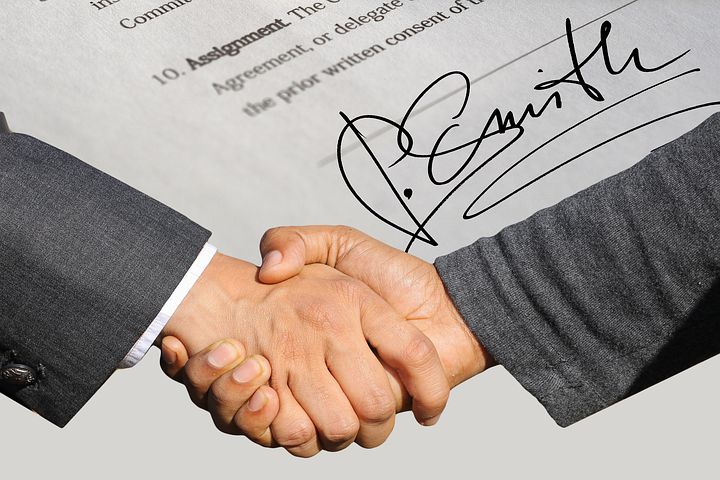Mediation is a form of alternative dispute resolution (ADR) in which a neutral third party, known as a mediator, helps two or more parties to reach a mutually acceptable solution to a dispute. Unlike a judge or an arbitrator, a mediator does not make a decision or impose a solution. Instead, the mediator works with the parties to facilitate communication and negotiation and help them find a resolution that works for everyone involved.
The mediation process typically begins with an agreement between the parties to participate in mediation. The mediator then meets with the parties together or separately to discuss the issues and try to identify areas of agreement and disagreement. The mediator may ask questions, clarify misunderstandings, and facilitate communication between the parties to help them better understand each other’s positions.
Once the issues have been identified and the parties have had a chance to discuss them, the mediator may help the parties explore possible solutions and negotiate a mutually acceptable agreement. The mediator does not make decisions for the parties, but instead helps them find a solution that works for everyone involved.
Mediation can be used to resolve a wide range of disputes, including business disputes, corporate disputes, and community disputes. It is often faster, less expensive, and less formal than going to court or arbitration, and can help preserve relationships between the parties.
One of the key benefits of mediation is that it allows the parties to maintain control over the outcome of the dispute, rather than leaving the decision in the hands of a judge or arbitrator. It also allows the parties to work together to find a solution that is tailored to their specific needs and interests.

